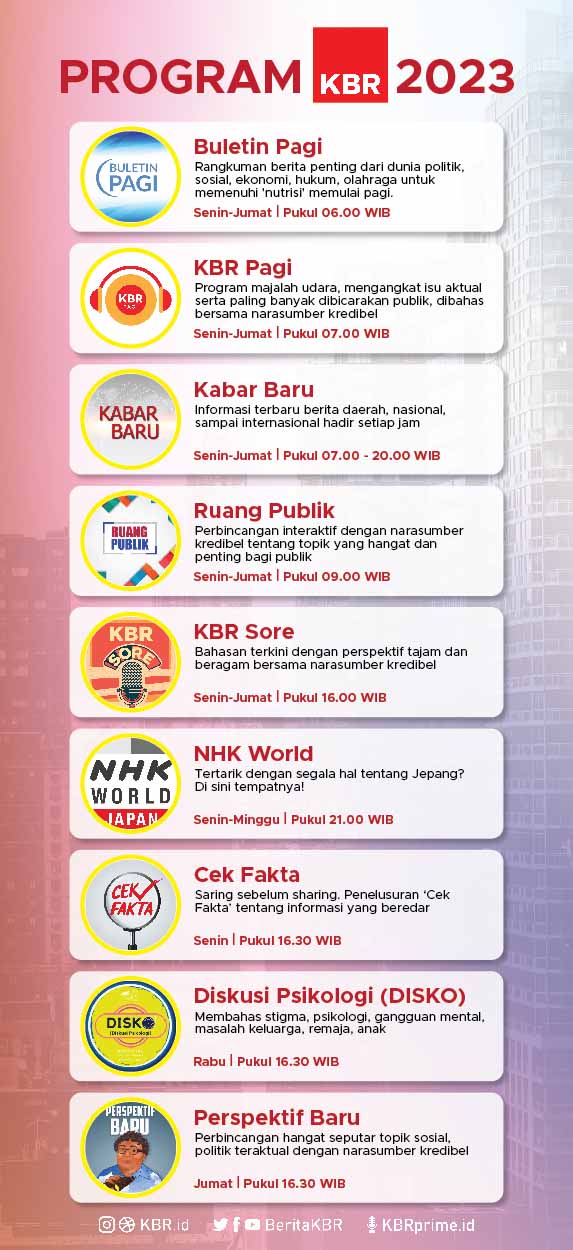Human trafficking in Nepal has been a huge problem for a long time.
Some 15 people are busy at the office of Shakti Samuha, an NGO run by ex-sex workers, set up to fight against human trafficking.
They’re discussing the next program, led by Sunita Danuwar, the NGO’s president.
“We’re focusing on raising awareness of human trafficking. And we are also running safe houses which provide shelter for survivors who can't go back to their home or village.”
Sunita was sold as sex worker to Kamatapur, a famous red light district in India.
“We established this NGO in the hope that no other young girls would have face the same problems as we did. And now we can say that our NGO is the world's first anti trafficking organisation, run by survivors.”
Charimaya Tamang, the founder of Shakti Samuha, was 16 when she was sent to the same brothel.
She spent nearly 2 years there before the Indian government rescued her and 200 other Nepalese women.
“I still remember the date... it was February 5 1996, when all of a sudden the police came to our brothel. I was eating my lunch then I was taken to the police station. I was frightened. But that day brought light into my life.”
After returning to Nepal, Charimaya established an NGO working against trafficking with the support of 15 other survivors.
“At that time, nobody was ready to accept us. That’s why we decided to unite. We had shed tears together when we were in the brothel. We wanted to change those tears into power.”
But at first, things were not easy, recalls Sunita.
“At the beginning, there were many challenges. We couldn’t even talk about our experiences. But now society accepts us, the government recognises us.”
For the first time, Charimaya filed a criminal case against the neighbours who had abducted her. Four people were jailed for 10 years.
Then she formed Shakti Samuha to help others in the same situation.
“We not only give moral support, but also legal support to the victims. After receiving our support, some survivors have filed cases against the human traffickers. We’re running two safe houses for survivors so they can stay for a short period. We give legal support to victims. But it’s not enough. We need more funds to give long-term support to the victims. The government provides us with some assistance, but it’s not enough.”
Charimaya and the group continue to gain recognition with national and international awards.
She received her first award in 2007 from the Nepalese government.
And last year, they won the prestigious Ramon Magsaysay Award for combating human smuggling and women trafficking in Nepal.
“When we were rescued from the brothels and tried to return back to our country, our government refused to accept us. But now we have even been honoured by our government. These days we are being praised by the national and international community. It energizes us to work harder.”
There is no exact data on human trafficking in Nepal.
But many NGOs claim that around 5,000 women are being trafficked from Nepal every year.
“When I spent 22 months in the brothel, every month many Nepalese were brought in. Some were only 10 years old, some were widows. I decided to live my life, to raise awareness of women trafficking from Nepal. Because in my village, there was a practice of sending daughters to earn money in India.”
Charimaya believes this will be a long fight.
“We are trying to raise awareness and the government is also trying, but more effort is needed to control it.”







